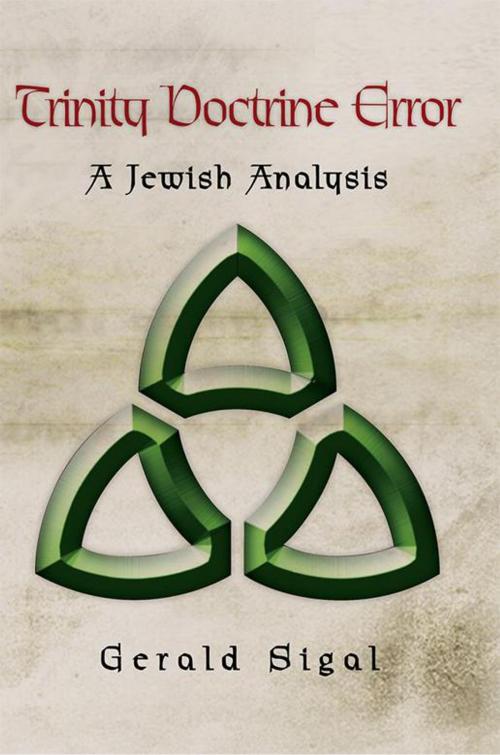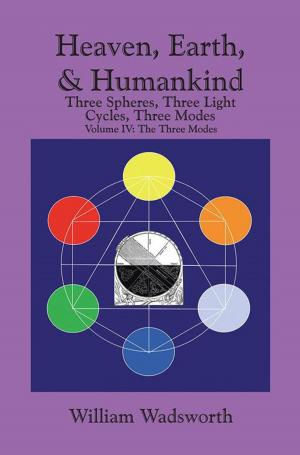| Author: | Gerald Sigal | ISBN: | 9781503581401 |
| Publisher: | Xlibris US | Publication: | March 15, 2006 |
| Imprint: | Xlibris US | Language: | English |
| Author: | Gerald Sigal |
| ISBN: | 9781503581401 |
| Publisher: | Xlibris US |
| Publication: | March 15, 2006 |
| Imprint: | Xlibris US |
| Language: | English |
Some trinitarians explain the Trinity doctrine by reference to the three main colors united in one rainbow. Others explain how the understanding, the conscience, and the will blending together in one man illustrate the Trinity. Still others compare the Trinity to three lit candles in one room blending into one light. None of these illustrations satisfactorily offer an analogy of how three distinct almighty and eternal beings make one almighty and eternal being. The absolute uni-personality of God is the first principle of the Jewish Scriptures and the New Testament. Trinitarian Christians do not deny that there is one God, but differ as to the absolute unity of God. They speak of the Godhead as a Trinity composed of the Father, the Son, and the Holy Spirit. Trinitarianism maintains that the term God includes not only the Father, but Jesus and the Holy Spirit. Yet, even the New Testament shows that Jesus was a person as distinct from God as the disciples were distinct from him.
Some trinitarians explain the Trinity doctrine by reference to the three main colors united in one rainbow. Others explain how the understanding, the conscience, and the will blending together in one man illustrate the Trinity. Still others compare the Trinity to three lit candles in one room blending into one light. None of these illustrations satisfactorily offer an analogy of how three distinct almighty and eternal beings make one almighty and eternal being. The absolute uni-personality of God is the first principle of the Jewish Scriptures and the New Testament. Trinitarian Christians do not deny that there is one God, but differ as to the absolute unity of God. They speak of the Godhead as a Trinity composed of the Father, the Son, and the Holy Spirit. Trinitarianism maintains that the term God includes not only the Father, but Jesus and the Holy Spirit. Yet, even the New Testament shows that Jesus was a person as distinct from God as the disciples were distinct from him.















